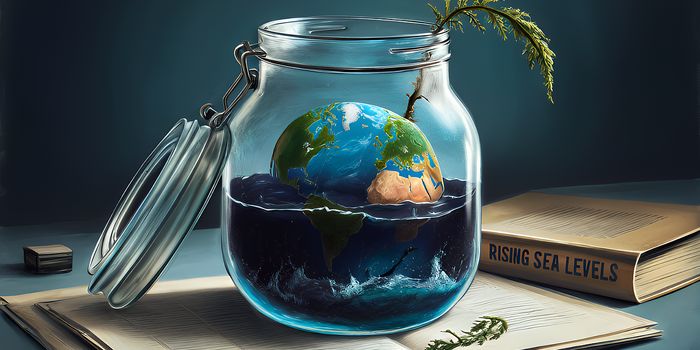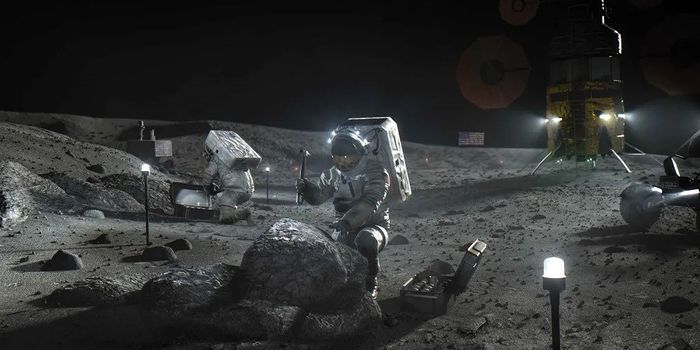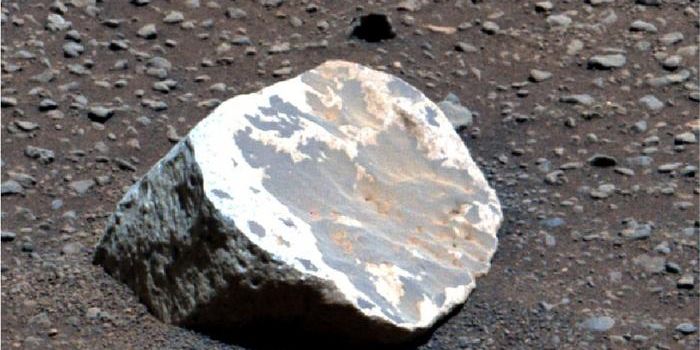Australia shells out the big bucks to save the Great Barrier Reef
I recently wrote about the new study that came out in Nature regarding the point of no-return for the Great Barrier Reef (GBR). The results of that study weren’t very optimistic about the future of the famous reef, but that certainly doesn’t mean that Australia is just about to give up on its national treasure without a fight. In an attempt to save the GBR, Australia recently announced a pledge of $377 million USD, with plans to reduce pollution from fertilizer runoff and improve water quality, as well as move forward with research on reef restoration and heat-resilient corals. The pledge also promises $43.8 million USD to reduce the population of crown-of-thorn starfish, which consumes vulnerable corals.
“We’ll be improving the monitoring of the reef’s health and the measurement of its impacts,” said Environment Minister Josh Frydenberg on Sunday. “The more we understand about the reef, the better we can protect it.” Frydenberg explains that the proposal is in addition to an existing pledge of $1.5 billion USD, which will be delivered over the next 10 years for the purposes of research and management of the reef.
Most of the money will go to the nonprofit the Great Barrier Reef Foundation. Roughly 11% of the money will go to federal and park agencies "to expand environmental management and compliance operations on the Reef," the government says.
However, given the government’s prolific gas and coal investment under Prime Minister Malcolm Turnbull, not all are quick to believe this environmental commitment. Imogen Zethoven from the Australian Marine Conservation Society expressed the need for policies that follow up with this pledge, focusing on “slash[ing] carbon pollution, stop[ping] the Adani coal mine and rapidly shift[ing] Australia to renewable energy.”
Doing so would definitely be in line with Australia’s own priorities, as the Great Barrier Reef brings in approximately $4.8 billion USD annually to Queensland and Australia and provides 64,000 jobs, according to NPR.
Sources: Time Magazine, NPR









